¿Qué tal? Por acá estoy de vuelta pero esta vez las cosas no se centran tanto en el código de un ejercicio en concreto (aunque habrá código) sino más bien en una plataforma de cursos. Se trata de "OpenBootCamp", un sitio que te permite acceder a una gran variedad de cursos gratuitos en pro a prepararte para ser un desarrollador calificado, ofrece una ruta de aprendizaje e incluso existe un nexo que muestra vacantes de empleo que varían entre presencial, a distancia y mixto.
Este interesante sitio lo conseguí mientras navegaba por Instagram, entre los Reels me apareció uno que mostraba un poco sobre lo que se encontraba ahí, lo planteaba como "un lugar para convertirte en desarrollador". Aquello me llamó la atención por lo que decidí darle una oportunidad.
What's up? I'm back but this time things are not so much focused on coding a specific exercise (although there will be code) but rather on a course platform. This is "OpenBootCamp", a site that allows you to access a wide variety of free courses to prepare you to be a qualified developer, offers a learning path and there is even a link that shows job vacancies that vary between classroom, distance and mixed.
I found this interesting site while browsing Instagram, among the Reels I found one that showed a little bit about what was there, it was stated as "a place to become a developer". That caught my attention so I decided to give it a try.
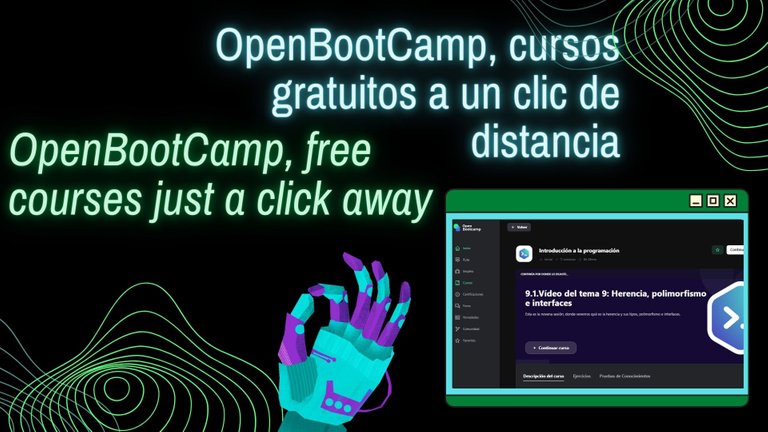
Cover edited with CANVA, Capture from OpenBootCamp

He notado que este tipo de sitios han sido bastante denigrados en línea por causa de personas que habiendo superado algunos cursos ya se autodenominaban programadores de grado Senior, con alta experiencia... Lo cierto es que esta práctica es sumamente inadecuada, ciertamente ofrecen mucho conocimiento pero andar tomando títulos sin haber puesto en práctica lo que sabes en el campo laboral es fatal.
Al entrar al sitio lo que más me sorprendio es la gran gama de cursos que te presentan, por nombrar algunos están: Angular, Angular Avanzado, FC Frontend, Html y CSS, C#, Blazor, Conceptos de la programación, Introducción a la programación y mucho más. Incluso hay un grupo en tono gris que se describe como "disponible próximamente" que promete bastante.
I have noticed that this type of sites have been quite denigrated online because of people who having passed some courses already called themselves senior programmers, with high experience... The truth is that this practice is highly inadequate, they certainly offer a lot of knowledge but taking titles without having put into practice what you know in the workplace is fatal.
When entering the site what surprised me most is the wide range of courses they present you, to name a few are: Angular, Angular Advanced, FC Frontend, Html and CSS, C#, Blazor, Programming Concepts, Introduction to Programming and much more. There's even a gray-toned group described as "available soon" that promises quite a bit.

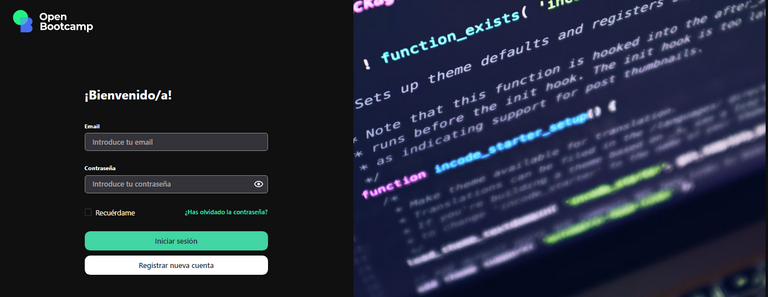
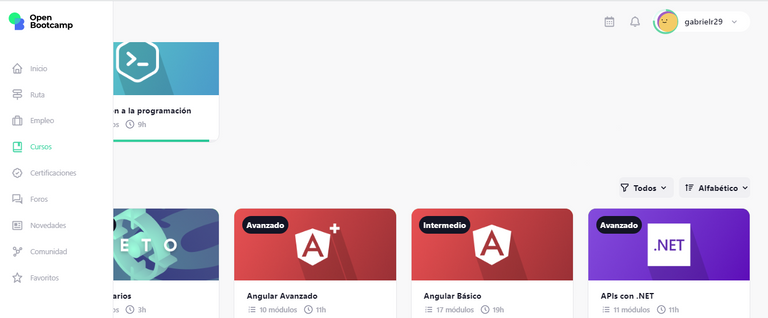
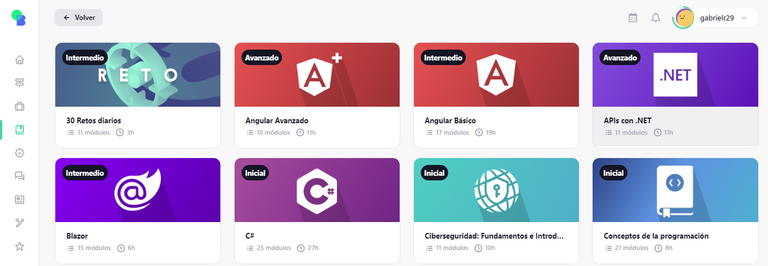
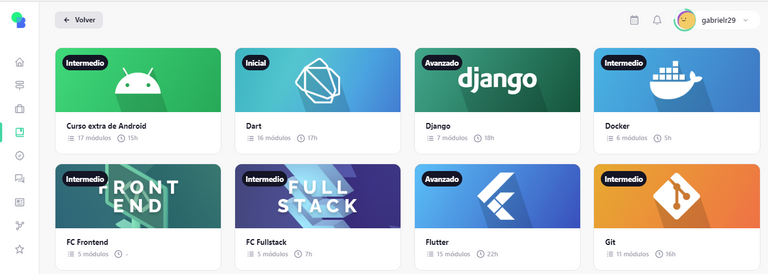
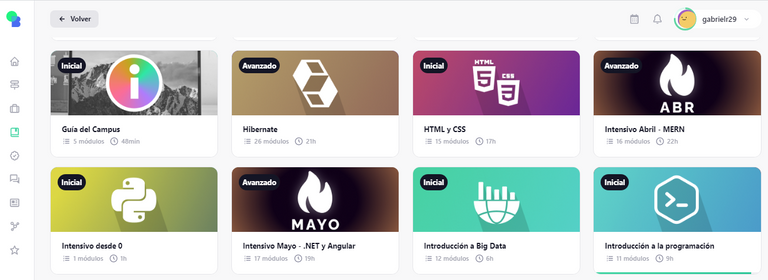
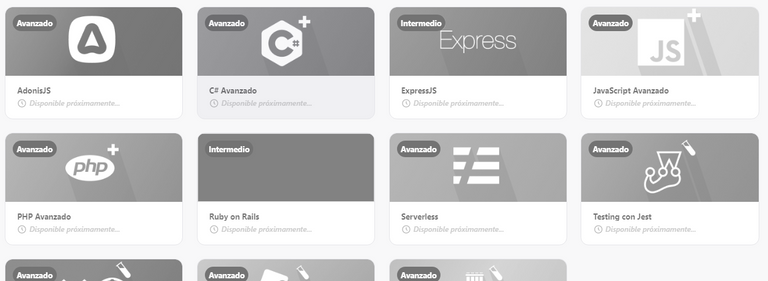

Antes de iniciar uno de estos cursos noté que existe un mapa que te guía en una ruta de aprendizaje para ir avanzando hasta calificar para optar por alguna vacante laboral, en este sitio "incuban" programadores y les ofrecen trabajo. Me parece una academia de programadores, cosa que esta genial, no lo calificaría de manipulación para esclavizarte pues no estás obligado a trabajar para ellos, el conocimiento es gratuito y no te exige que luego pagues con tu mano de obra.
Ahora bien, respecto a las certificaciones sé que piden un examen en el que demuestres que aprendiste bien del curso que tomaste y no solo saltaste los videos para hacer trampa y acumular certificados para el currículum. Sin embargo no estoy seguro de si piden un pago para cubrir los parámetros legales de validez internacional (si es que los posee), esto lo estaré comentando más adelante, cuando complete el curso que estoy tomando y realice el examen aparte.
Dado que ya he visto varias materias referentes a programación en la universidad decidí no tomar el curso inicial de conceptos básicos e ir al de introducción a la programación para conocer más sobre sus ejercicios prácticos. Entre los que conseguí bastante sobre clases y objetos, cosa que me sorprendió bastante siendo que se suele empezar con cosas un poco más suaves, aunque dado que ya había algo de experiencia no se me complicó tanto.
Aunque lo cierto es que me costó un poco soltar C++, ellos se enfocan más en Java en este curso por lo que tuve que dejarlo, instalar su entorno de desarrollo y ya repasar un poco la sintaxis. El ejercicio siguiente retomaba el concepto de condicionales que ya he tratado por acá en muchos publicaciones pero no está demás repasar. Usé la libreria "Scanner" para tomar datos por teclado y luego con variables antes declaradas guardé dichos datos.
Posteriormente seguí con el apartado de bucles (en el mismo ejercicio), comenzando por el while para imprimir un número que va aumentado y luego do-while para ver como este imprimía una vez y luego revisaba la condición (que no se cumplía, de modo que no había otra iteración). Seguía el apartado del switch al que le di algo más de "pasión" al incluir funciones que facilitaran el reconocer que estación se mostraría por pantalla a pesar de que se ingresara en mayúsculas o minúsculas, esto con "toUpperCase()".
Before starting one of these courses I noticed that there is a map that guides you on a learning path to advance until you qualify for a job vacancy, in this site they "incubate" programmers and offer them work. It seems to me like a programmers academy, which is great, I would not qualify it as manipulation to enslave you because you are not forced to work for them, the knowledge is free and does not require you to pay with your labor.
Now, regarding the certifications I know they ask for an exam where you show that you learned well from the course you took and didn't just skip the videos to cheat and accumulate certificates for the resume. However I am not sure if they ask for a fee to cover the legal parameters of international validity (if any), I will be commenting on this later when I complete the course I am taking and take the separate exam.
Since I have already seen several programming subjects in college I decided not to take the initial course of basic concepts and go to the introduction to programming to learn more about their practical exercises. Among those I got quite a lot about classes and objects, something that surprised me quite a bit being that you usually start with things a bit softer, although given that I already had some experience it didn't complicate me that much.
Although the truth is that it cost me a little to let go of C++, they focus more on Java in this course so I had to leave it, install their development environment and review the syntax a little. The following exercise took up again the concept of conditionals that I have already covered in many publications but it is not superfluous to review. I used the library "Scanner" to take data by keyboard and then with previously declared variables I saved this data.
Then I continued with the section on loops (in the same exercise), starting with the while to print an increasing number and then do-while to see how it printed once and then checked the condition (which was not met, so there was not another iteration). I followed the switch section to which I gave some more "passion" by including functions that made it easier to recognize which station would be displayed on the screen regardless of whether it was entered in upper or lower case, this with "toUpperCase()".

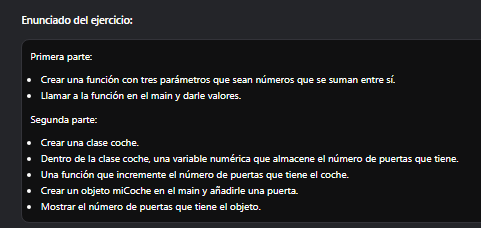
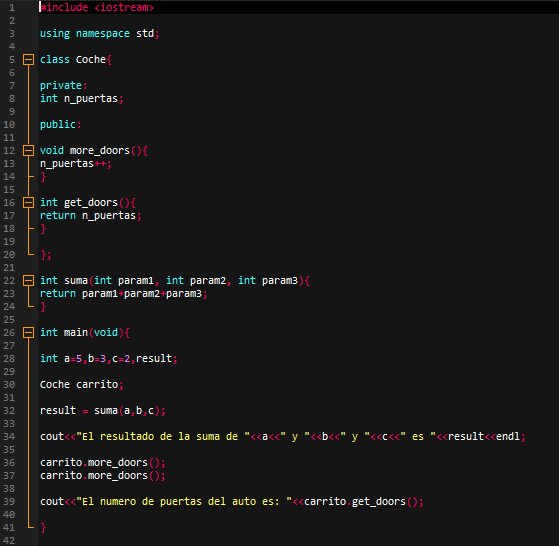

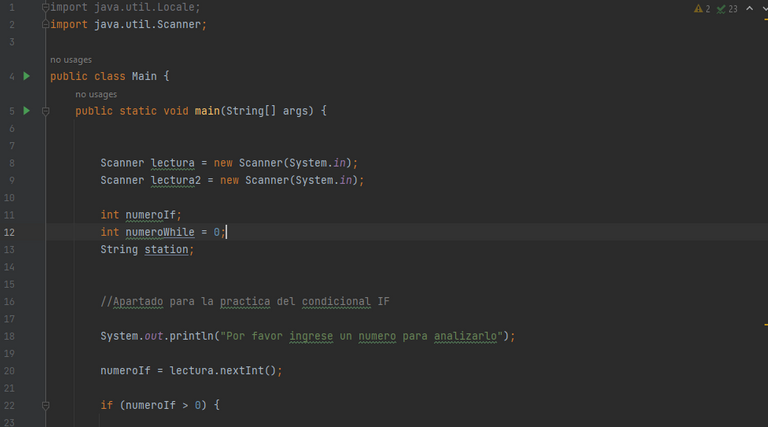
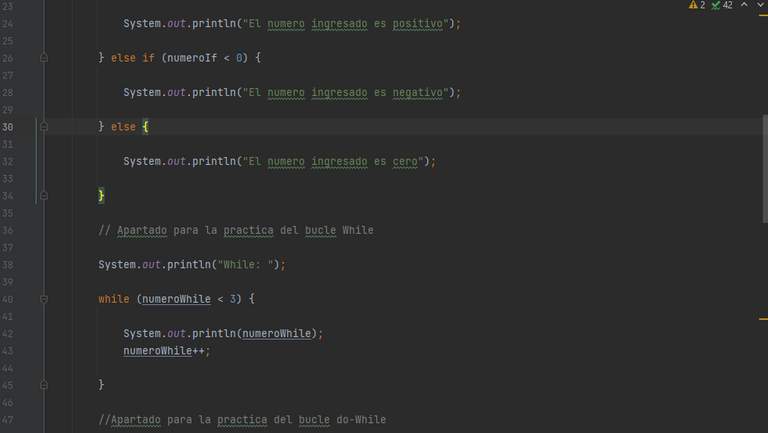
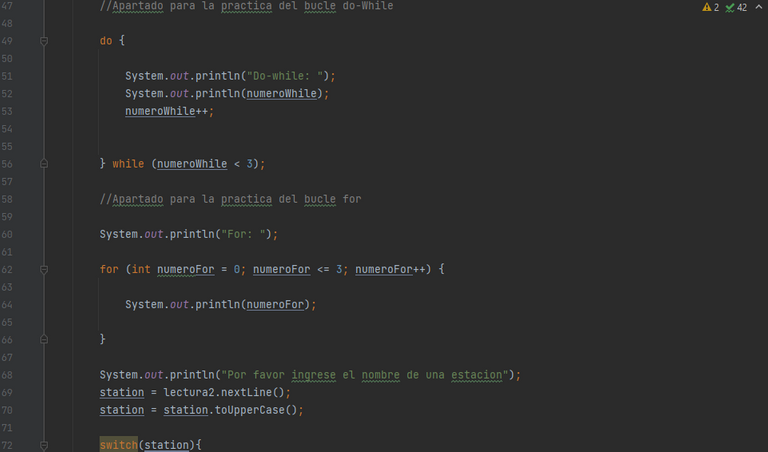
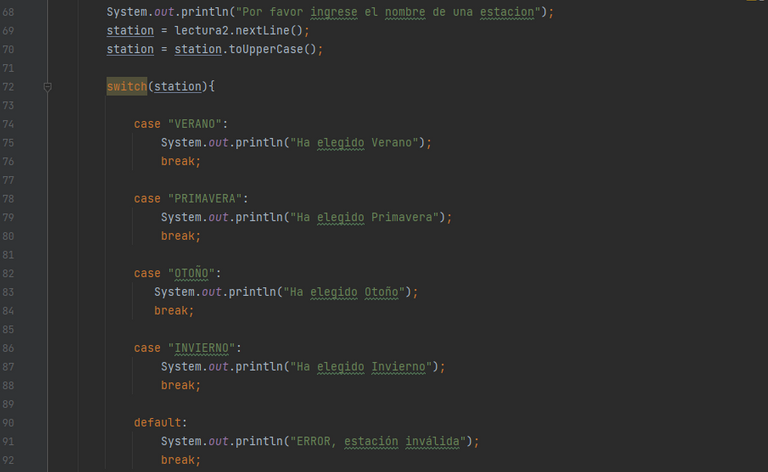
Captures from OpenBootCamp and my code in IntelliJ IDEA

En el siguiente ejercicio la dificultad bajó un poco pero aun así vino genial para repasar los conceptos de clases y objetos, en concreto setters y getters. Este junto al primer ejercicio me trajeron recuerdos de "BeatUDO", mi proyecto de la universidad en quinto semestre, para la materia "Objetos y Abstracción de Datos". El paradigma de programación orientada a objetos es muy popular por lo que ir incursionando en ejercicios que lo incluyan es excelente para sumar experiencia.
Este en concreto solo pedía crear una clase "Persona" con los atributos nombre, edad y número de teléfono. Además estos atributos debían contar con sus respectivos setters y getters. Respetando la privacidad de los atributos y también instanciando un objeto en el main para luego asignarle (sets) valores a cada uno de sus atributos y luego imprimiéndolos en pantalla (gets).
Ya llevo un 94% completado según el recuento de la página, aunque en cuanto a tiempo aun me faltan poco más de 3 horas de contenido y considerando que el total son unas 9 horas diría que un porcentaje orientado al tiempo y no a las unidades completadas sería de un 67%.
Como dato extra, las clases que he observado revelan haber sido grabadas en vivo, es decir con alumnos haciendo preguntas, haciendo aportes y respondiendo algunas preguntas por parte del tutor. Eso me parece interesante y me recuerda bastante a la universidad, aunque me hubiese gustado que algunos ejemplos estuviesen apoyados con material en presentaciones u animaciones, sin embargo esto ya sería una acotación de mi parte no con ánimos de ser malagradecido ante todo este material que ofrecen gratuito.
In the next exercise the difficulty dropped a bit but it was still great to review the concepts of classes and objects, in particular setters and getters. This along with the first exercise brought back memories of "BeatUDO", my fifth semester college project for the subject "Objects and Data Abstraction". The object-oriented programming paradigm is very popular, so dabbling in exercises that include it is excellent for adding experience.
This one in particular only asked to create a "Person" class with the attributes name, age and phone number. In addition these attributes had to have their respective setters and getters. Respecting the privacy of the attributes and also instantiating an object in the main and then assigning (sets) values to each of its attributes and then printing them on screen (gets).
I have already completed 94% according to the page count, although in terms of time I still have a little more than 3 hours of content and considering that the total is about 9 hours I would say that a percentage oriented to the time and not to the completed units would be 67%.
As a bonus, the classes I have observed reveal to have been recorded live, i.e. with students asking questions, making contributions and answering some questions by the tutor. I find this interesting and it reminds me a lot of university, although I would have liked some examples to be supported with material in presentations or animations, however this would be a comment on my part, not in the spirit of being ungrateful for all this material that they offer for free.



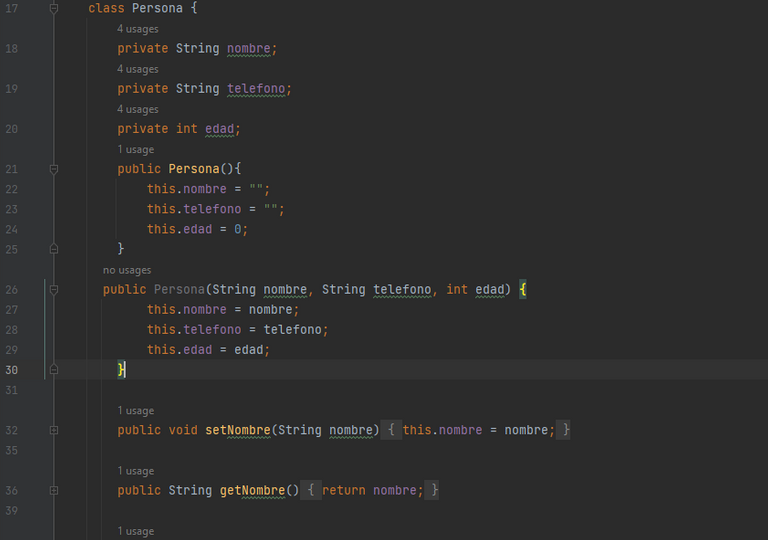
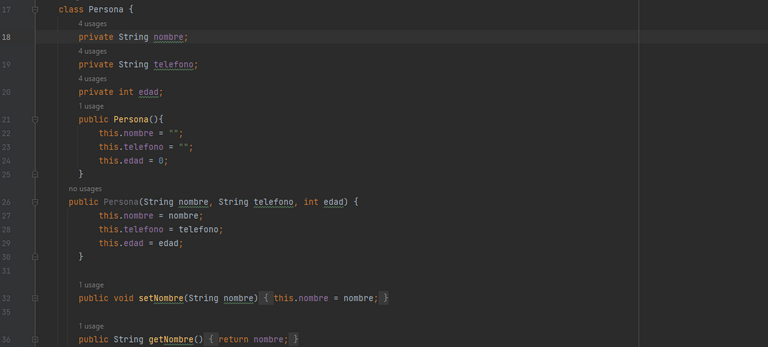
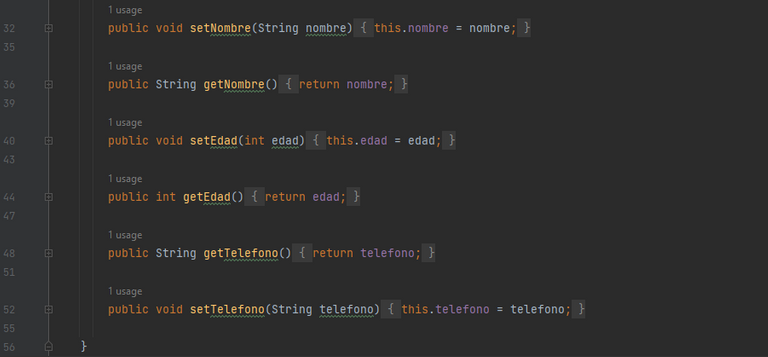
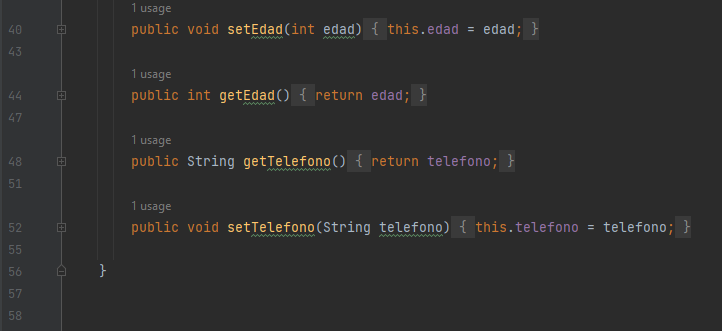
Captures from OpenBootCamp and my code in IntelliJ IDEA

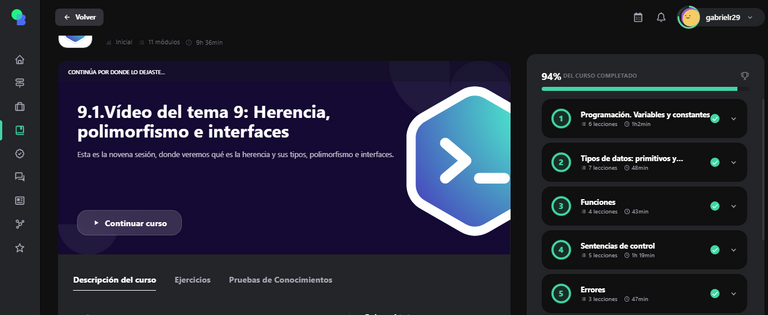
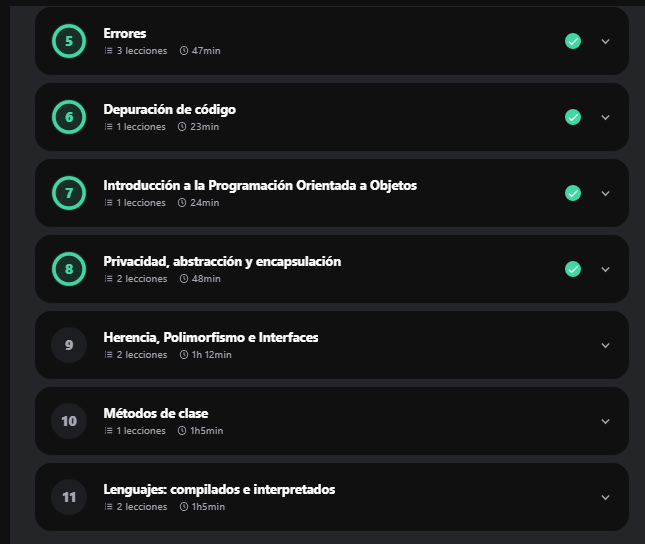
Captures from OpenBootCamp

¡Y bueno... Eso es todo por hoy! Pronto espero traerles un resumen de como me fue con el examen para la certificación y en los últimos ejercicios asignados de este curso. Veré si continúo con otros o tomo un descanso corto.
And well... That's all for today! Soon I hope to bring you a summary of how I did on the certification exam and on the last assigned exercises of this course. I'll see if I continue with others or take a short break.






